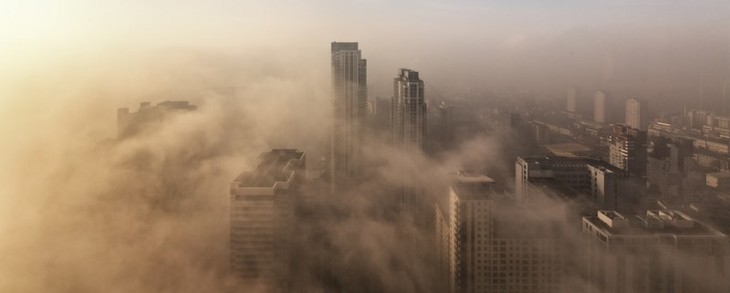Poor air quality can affect breathing and oxygen intake, because of heat and humidity that summer months bring . When summer arrives and temperatures across the nation are soaring, you may find that your HVAC unit is working overtime. But heat isn’t the only reason that you may see your bills soaring. Indoor pollutants such as dust mites and pet dander can be circulated and recirculated through the home, affecting not just indoor air quality but your HVAC system’s efficiency as well.
Bad Air Means Bad Health
Air pollutants in the home can be numerous, ranging from chemicals to pet dander. In fact, according to a recent study by the Asthma and Allergy foundations, 80% of Americans exposed to dust mites, and 60% to pet dander.
In the summer, when air conditioning units responsible for carrying the heavy burden of air circulation. No way for these pollutants to become filtered out. Clogged or dirty vents can aggravate existing conditions, and high enough concentrations can cause reactions even in those who might not know that they’re allergy sufferers at all.
Why Is Air Quality Worse During The Summer?
The heat and humidity of the summer can result in poor air quality, both outdoors AND indoors. Sunlight and solar radiation can produce more ozone in the air we breathe, which is dangerous. Pollution like nitrogen oxides react with other chemicals and hydrocarbons in the sunlight to form ozone gas. Ozone is good when it is high in the atmosphere because it blocks the harmful effects of the sun. However, ozone gas is bad at ground level as it is a toxic gas to breathe and can cause respiratory problems.
High ozone levels also increase the rate of other air pollutants in the stagnant air during the summer, especially in large cities with higher concentration of nitrogen oxides. Warmer weather also means more travel, which can increase air pollution levels dramatically. All of this creates a chemical soup in the stagnant and hot summer air that can cause breathing problems. As your body heats up and you inhale this air, your lungs have to work extra hard to keep your body properly oxygenated.
In addition to poor indoor air quality being bad for the occupants of a home, clogged vents can also cause problems for the HVAC system itself. Contaminants in the ducts cause the system to kick into overdrive, wasting huge amounts of energy to cool a home. Over time, this extra work can shorten the lifespan of the system. Keeping up with regular maintenance such as air duct cleaning will help prolong the life of the system and allow homeowners and landlords to avoid potentially cost-heavy repairs.
If your vents are working hard, you might not notice that you’re shortening the lifespan of your system right away. However, what may be more immediately obvious the spike in bills associated with cooling your home. While some rise during the summer months inevitable, that usually compounded by the system overcompensating for the pollutants inside.

